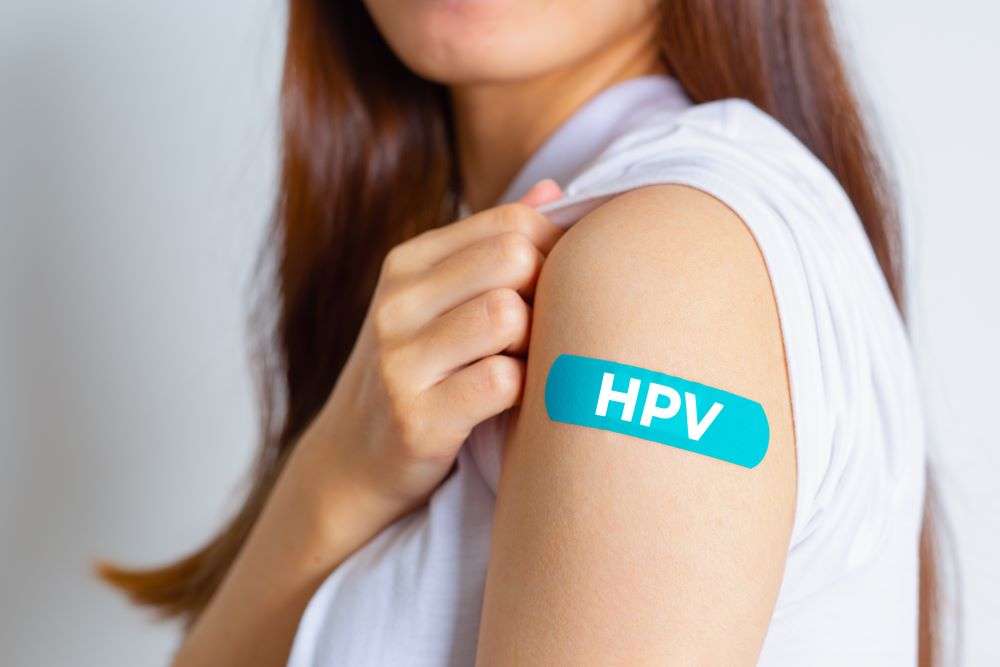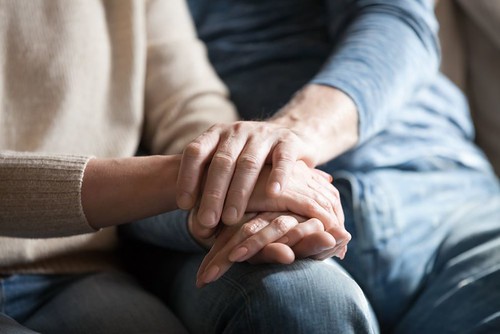Valentine’s season may be over, but there are other reasons beyond romance to show love, like protecting yourself and your loved ones from vaccine-preventable diseases. One of the most common causes of genital cancers is the human papillomavirus or HPV. It infects a staggering 85 percent of sexually active men and women at least once in their lifetime. And while many experiences no health problems, there are those that do develop HPV-related diseases—from distressing genital warts to life-threatening cancers.
For that reason, MSD in the Philippines is re-launching Guard Against HPV, a campaign to raise awareness and encourage people to take the necessary steps to keep infections at bay—not just for themselves, but also for their significant others and the whole family.
“HPV remains the most common sexually transmitted infection. Because it often shows no symptoms, people can spread it without realizing it,” explained Dr. Mary Ann Galang-Escalona, Country Medical Lead of MSD in the Philippines. “What this means is that many infected people may already have passed it on to someone they care about—their partners. If it goes untreated, it can lead to cancer.”

A silent killer
According to a 2019 report by the HPV Information Centre, cervical cancer remains the third leading cancer killer among Filipino women. The study also says that HPV has caused virtually all of these cases.
HPV is a large group of viruses that cause growths in the body. Some strains infect the skin, such as with common warts. Others infect mucous membranes or surfaces lining body parts that open outside, such as the genitals, anus, throat, and mouth. The latter is called genital HPV. This type can be transmitted via vaginal, anal, and oral intercourse, or rarely by genital-to-genital contact without actual sex.
Genital HPV infects people in two ways. Low-risk HPV strains, such as HPV 6 and 11, are often benign, causing warts around the genital and anal area. On the other hand, high-risk HPV strains such as HPV 16 and 18 are cancerous. High-risk HPV strains that remain in the body for many years can cause changes in normal cells, turning them into abnormal cells and then cancer when left untreated.

Love that cares
An essential step in guarding against HPV is immunization. In fact, health experts recommend HPV immunization to children as young as nine years old to protect them in later life. Parents are also encouraged to talk to their pediatricians and take advantage of school-based immunization programs for free shots. Currently, HPV immunization is given in public schools by the Department of Health for fourth-grade female learners with parental consent.
Health experts also recommend adults, both males, and females, get immunized. While adults may already be exposed to HPV, the vaccine may help lower their risk for new infections. This will allow them to take better care of their health while protecting others when they enter new relationships.
“HPV and cancer don’t have to rob our loved ones of their future,” Galang-Escalona said. “Everyone deserves a future free from disease. Let’s create that future by making a commitment to keep our partners and families safe from HPV.”
Learn more about HPV immunization by following the Guard Against HPV page on Facebook and @guardagainsthpv on Instagram.
